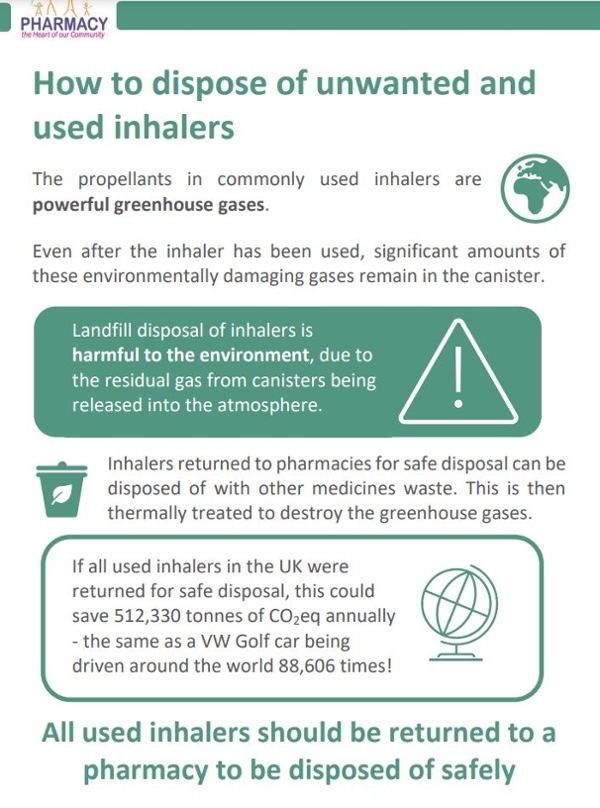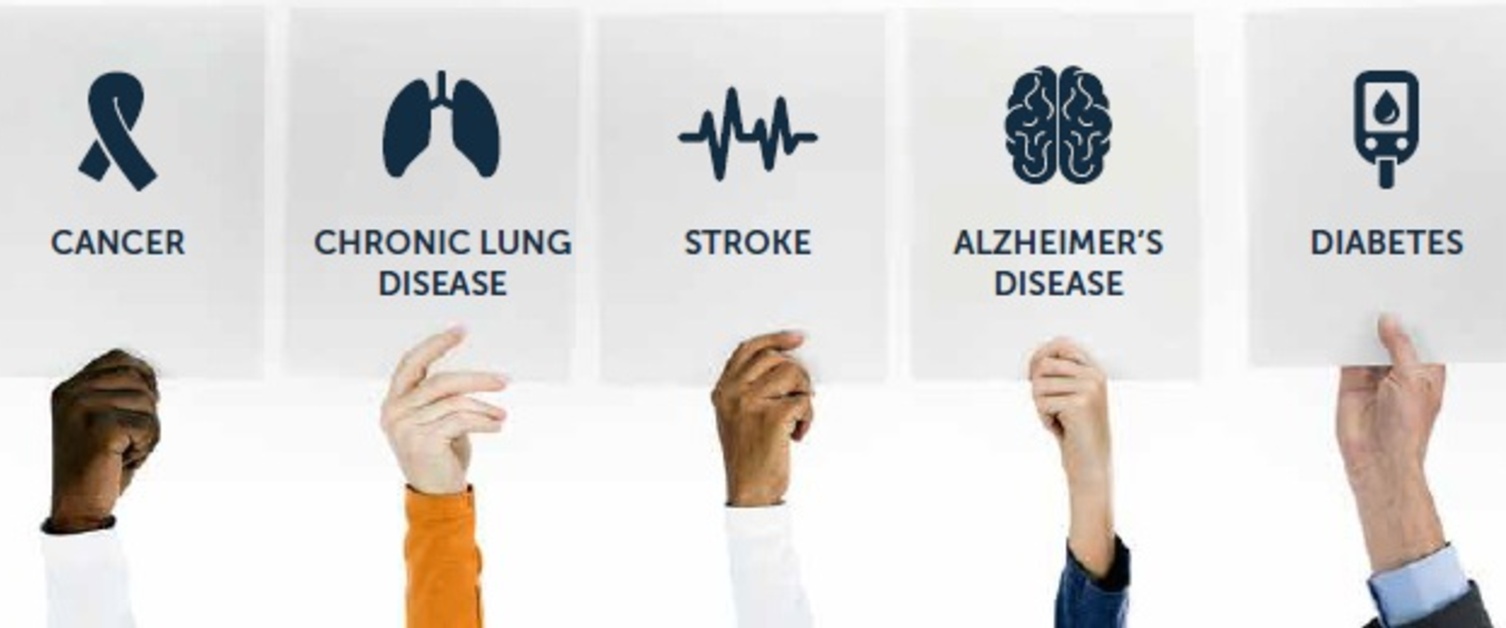The practice invites patients with a chronic disease e.g. Diabetes, COPD/Asthma, Hypertension, Epilepsy etc. for an annual review of their general health and current medications. Patients are invited for the appropriate monitoring and health review via letter, which is sent the month of their birth.
This invite may include a health questionnaire to be completed and returned prior to a review. This will allow the practice to gather information regarding your current health status.
Please read your invitation letter carefully, as it will advise whether any annual tests eg. blood check, urine sample is required, alongside one of the following options;
- No further review is necessary as we have all the information we need to authorise issues of repeat medication for a further period of 6 to 12 months.
- We will need to complete the remainder of your annual review face2face. This is because we need to carry out physical elements to your review, e.g. check your blood pressure, which we cannot do without seeing you.
The review may include lifestyle, medication review to optimise the treatment of the chronic health condition, blood tests, urine samples and other monitoring for any complications.
Not all chronic diseases are reviewed by the doctors. The majority of reviews are more appropriately carried out by the practice Pharmacist, Advanced Nurse practitioner or the Practice Nurse. The reception team will book your appointment with the most appropriate clinician.
Reducing the climate change impact of inhalers: environmentally safe disposal
There is an urgent need to reduce global greenhouse gas emissions. The NHS is working to reduce its carbon footprint to net zero by 2040, with an ambition to reach an 80% reduction by 2028 to 2032. Medicines account for 25% of emissions within the NHS.
A small number of medicines account for a large portion of the emissions with inhalers making up 3% of them. Certain inhalers (pMDIs) currently use hydrofluorocarbon gases (HFCs or ‘F-gases’) as propellants. When used inhalers are disposed of in domestic waste, the residual HFCs and gases are likely to be released into the atmosphere and can contribute to climate change.
The NHS wants to increase the frequency of the greener disposal of used inhalers. Inhalers returned to pharmacies for safe disposal will be incinerated at high temperature; this process destroys the propellant gases, so they don’t escape into the atmosphere. Steel and aluminium from inhaler canisters may be recovered and recycled at some incinerators. The NHS is also taking other actions, such as offering patients alternative, lower carbon inhalers, where clinically appropriate and supporting people to use their inhalers properly.
To do your part, simply return your used inhalers to your pharmacy. No not dispose of these in household waste.

